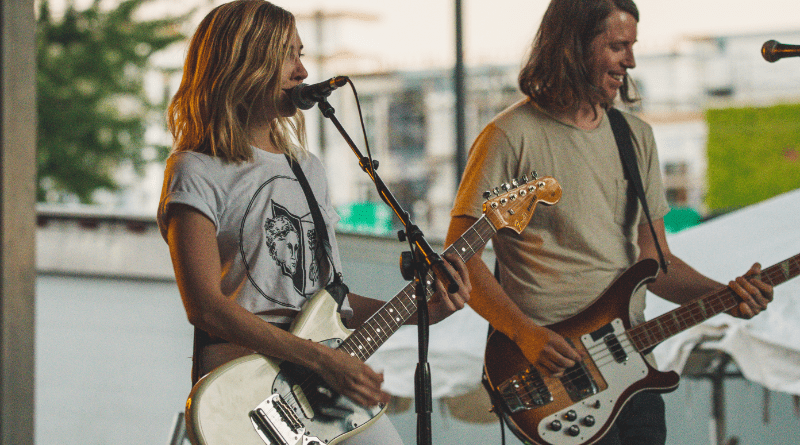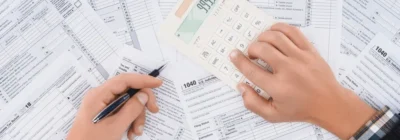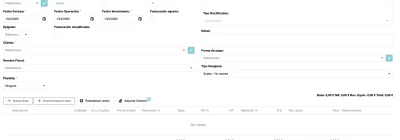New contribution system for singers self-employed in Spain
Patrick Gordinne Perez2023-02-16T20:38:33+00:00Self-employed artists earning less than €3,000 per year will pay a reduced monthly fee of €161. The government yesterday approved a decree regulating the new contribution system for singers and artists in Spain. It includes new opportunities for the self-employed in the sector, such as reduced fees or special subsidies for artists with lower incomes.
The intermittent nature of work is the disorder that most affects workers in the cultural sector.
Despite being an indispensable protagonist of the cultural event, the professional activity of the artist is not always adequately covered by the status of the artist and guaranteed by cultural policies.
In fact, artists, creators and professionals in professions related to the world of culture often find themselves in a worrying situation of economic and employment precariousness.
In an attempt to alleviate this situation, the Council of Ministers on Tuesday gave the green light to a Royal Decree that reduces the number of days’ contribution requirements for artists and technicians to be eligible for unemployment benefits, and which also allows them to combine their retirement pension with any artistic activity that generates economic returns.
What is considered an artist in the artist’s statute?
Any person who carries out activities related to culture, such as:
- Singers
- Actors
- Painters
- Sculptors
- Writers
- Cartoonists
How much will artists earning less than €3,000 pay in self-employment fees?
This was a royal decree which included a critical new contribution system for singers and artist features for independent artists, many of whom – although this would obviously contradict the glamour of these activities – were earning a small income from their work.
Among these measures were :
- The reduction of the daily contribution requirement for receiving unemployment benefits, and
- The creation of specific optional benefits;
- Pension adjustment option for creative activity, especially for the self-employed, whose annual income is less than EUR 3,000.
Self-employed persons – organisers of shows, painters, sculptors, and scriptwriters – who generate an amount equal to or less than EUR 3,000 per year, will have a lower contribution rate than usual. This year, a contribution base of EUR 526.14 is fixed, which means a monthly self-employed contribution of EUR 161. The floor will be updated in subsequent years.
For all artists who earn less than € 3,000 per year, the contribution will be reduced to EUR 161 per month.
Those who become self-employed for the first time will be entitled to a flat rate of €80.
The new contribution system for singers and artists will affect some 690,000 people working in the cultural sector, where the self-employed make up a disproportionate share of white-collar workers.
As a result, around 33 per cent of artists and technicians (around 230,000 people) are self-employed. Additionally, of the 128,700 registered businesses attending the event, 67.1% had no employees, and 26.8% had 1-5 employees, i.e. more than 90% were micro-enterprises.
New conditions for the self-employed governing the artist’s status
Reduction of fees for self-employed workers whose annual income are less than 3,000 euros
The first measures, including a royal decree approved by the government on Tuesday, affect self-employed artists who earn the minimum wage for their work despite carrying out their activity regularly.
Thus, from now on, self-employed people whose annual income in this sector is less than 3,000 euros will be entitled to a monthly Social Security contribution of 161 euros from the monthly contribution base of 526.14 euros.
They may also require quarterly payments instead of monthly payments.
“Culture has self-employed people in a vulnerable situation. We have created an agile and flexible contribution system that always ensures the social protection of all Spaniards,” said the Minister of Employment and Vice-President of the Government, Yolanda Díaz, at a press conference following the ministerial meeting.
“The intermittent work of many cultural professionals has less to do with activity than income. These professionals often join self-employment schemes on a rotational basis and leave to avoid paying contributions if they have no income and cannot pay. As a result, they cannot build a useful working life to enjoy good social security benefits and are condemned to instability. This measure aims to bring the contribution system in line with the NIS industry to mitigate this problem,” the government explained.
Special conditions for artists.
The second measure of the new artists’ regulation creates several special conditions for cultural professionals to receive daily allowances.
- The minimum number of days of payment to receive the regular daily allowance has been reduced. Specifically, the 360 days of contribution required to receive regular benefits during the last six years will be halved to a maximum of 180 days. At the same time, the government created a new special allowance for arts professionals.
- The duration of the allowance will be four months and is compatible with the receipt of intellectual property and image rights.
In this case, the minimum contribution period is reduced to 60 days with a maximum access period of 120 days. “Depending on the contribution, this benefit will be between 80% and 100% of the index of public income of multiple impacts (IPREM)”.
“The aim is to broaden and increase protection for artists and put them on a par with other groups who also work intermittently, such as farmers, fishermen and bullfighters”.
The three most significant advances in this respect are the fixed-term contract for cultural activities, a new structural unemployment benefit subject to lower requirements that seeks to better adapt to the intermittent nature of the sector, and a broader compatibility of creative activity and retirement.
Another of the measures envisaged is the possibility of access to a special benefit for those people who, having worked regularly in the artists’ regime and being unemployed, can accredit 60 days of contributions for real provision of services in the artistic activity during the last 18 months, a benefit consisting of 2,000 euros for 4 months.






